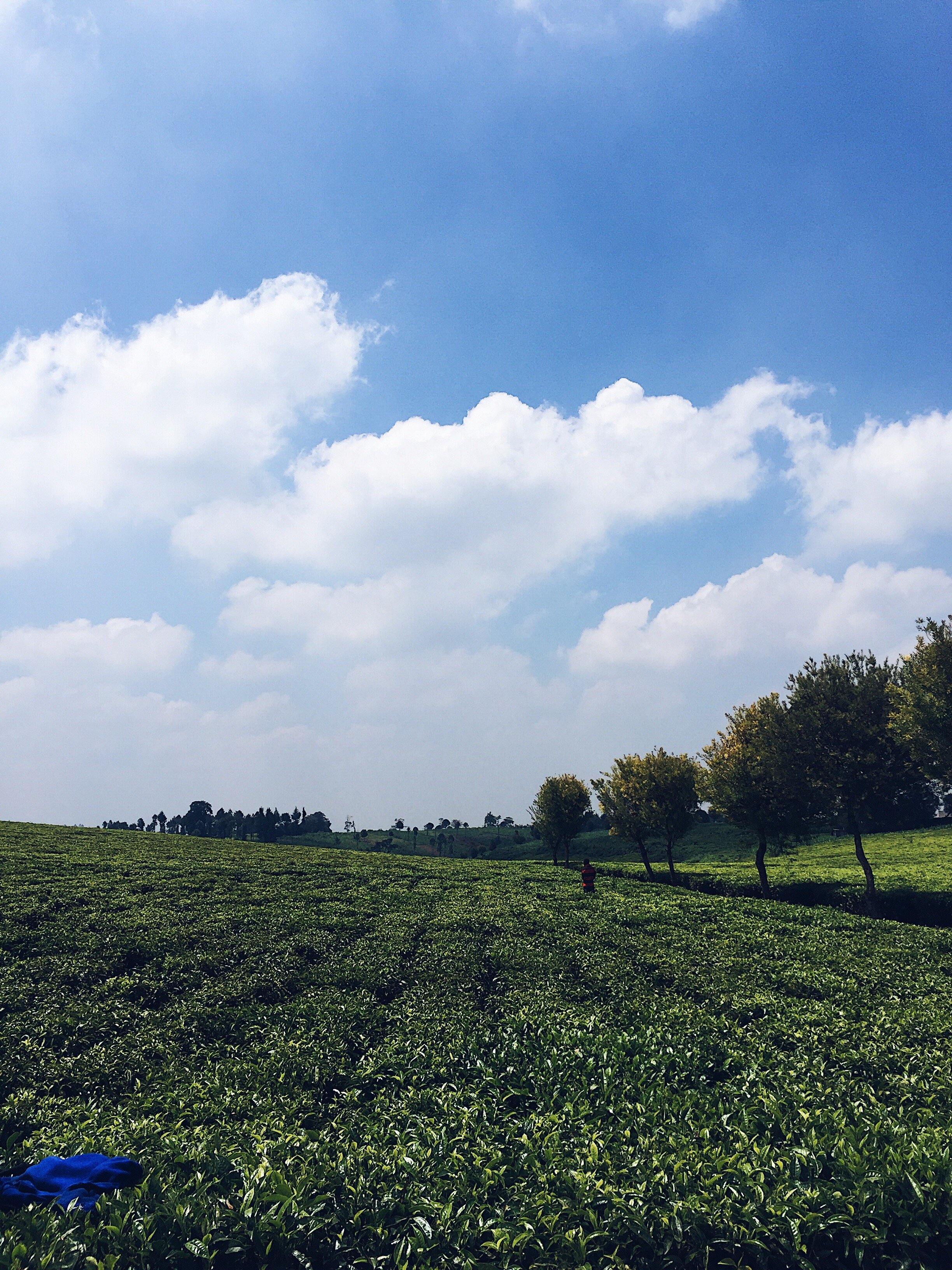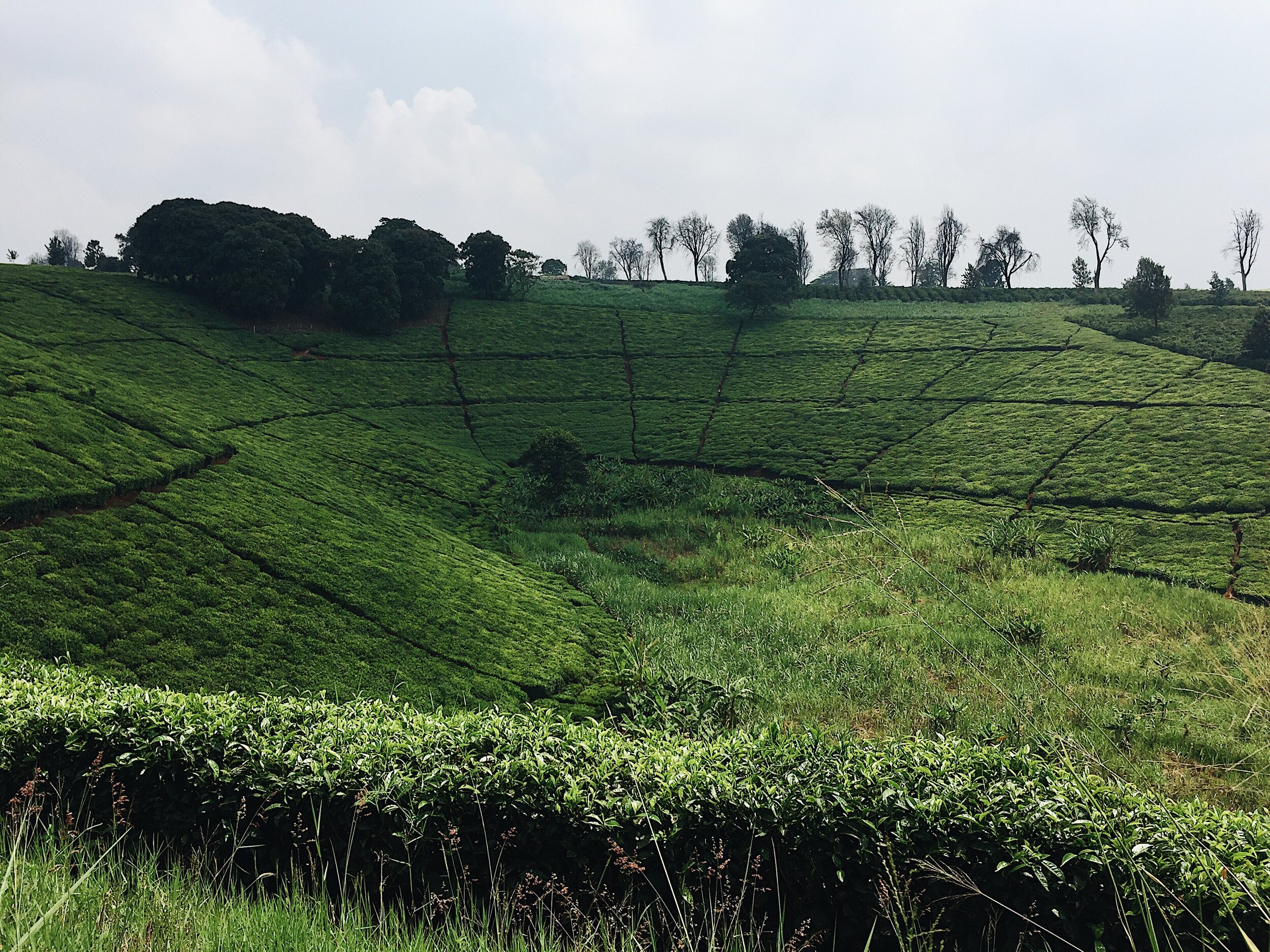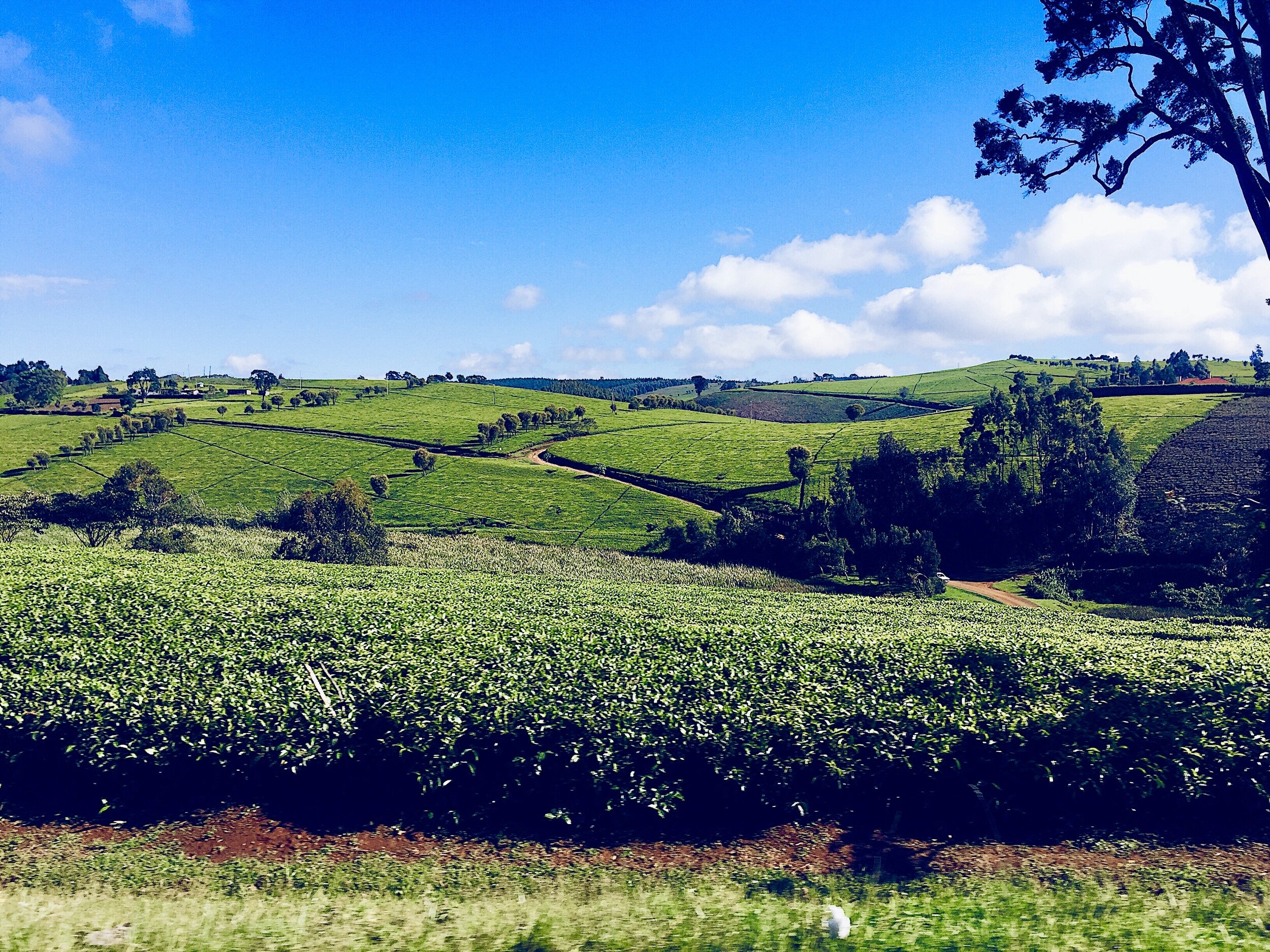Honors Thesis
During my senior year I wrote an Honors Thesis: The Changing Landscape of Sustainable Certifications in the Kenyan Tea Industry: An Exploratory Case Study, and graduated with distinction from the Nicolas School of the Environment.
Over the course of 4 independent studies between my Junior and Senior years, I studied Sustainable Certifications in the Tea Industry with Jay Golden. I was lucky enough to be able to design an on-the-ground research trip during the summer before my senior year. I spent a week in Nairobi, Kenya at the Kenya Tea Development Agency (KTDA) conference and at a post-conference trip in the Maasai Mara and at KTDA farms and factories. The following week, I was about an hour outside of Nairobi in the Limuru tea-growing region, visiting more tea farms and factories. I spent my final week in London, England, speaking to Rainforest Alliance, Tea2030, Finlays, and other stakeholders in the industry.

Abstract:
Agricultural industries increasingly use corporate responsibility mechanisms, such as sustainable standards and certification schemes, to create sustainable production-consumption systems and sustainable products. In the case of agricultural products, the study of certifications is especially vital to ensure that they are truly improving the wellbeing of the economy, society, and environment in areas where they are applied. Data from 2012 demonstrate that Kenya led the global tea industry in percent of national tea production certified by one of the four main sustainable certifications in tea (Rainforest Alliance, Fairtrade, UTZ, and Organic), but there is limited literature analyzing the dramatic adoption of certification, and even less literature on the impacts that the certifications have had. Important undocumented trends within the present-day Kenyan Tea Industry include 1) the pervasiveness of Rainforest Alliance 2) the tensions between farm productivity, market demand for tea, overall tea value, and sustainability and 3) the efforts to move beyond the capacity of certification in the short and long term. This study explores these undocumented trends to provide an up-to-date overview of the landscape of sustainable certifications in the Kenyan Tea Industry, which will inform future research on sustainable certifications in Kenya, and elsewhere.











































